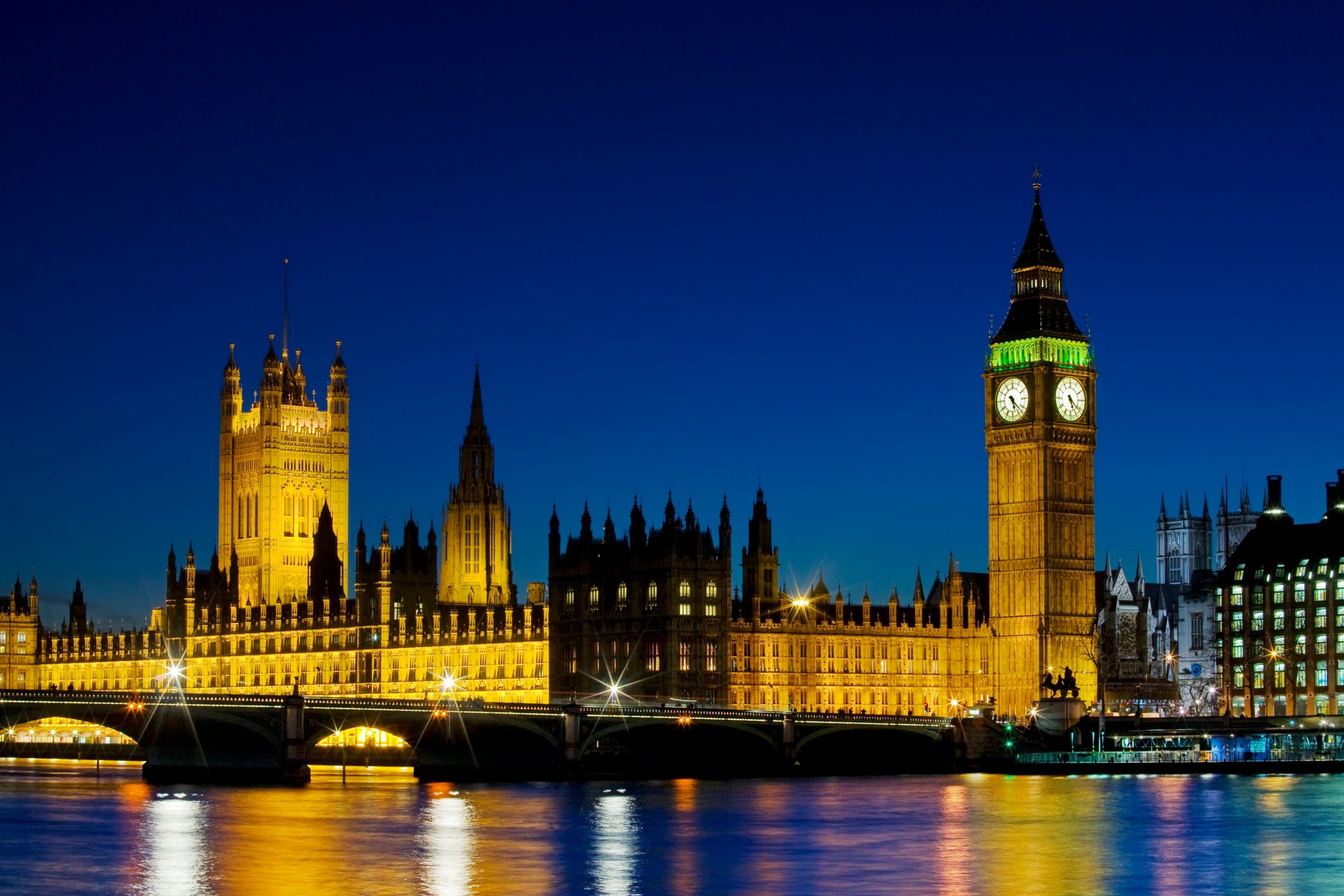In a video message, the Chancellor unveiled the date of the Budget while admitting the cost-of-living pressures are “still real”.
Rachel Reeves said: “Britain’s economy isn’t broken. But I know it’s not working well enough for working people. Bills are high. Getting ahead feels tougher. You put more in, get less out. That has to change. We’ve got huge potential - world-leading brands, dynamic industries, brilliant universities, and a skilled workforce. We’re a global hub for trade. But I’m not satisfied. There’s more to do.”
Michael Kill, CEO of the Night Time Industries Association (NTIA) responded to the news.
He said the eyes of the country and the industry, will be firmly fixed on the Government’s response to one of the most “critical economic moments in recent memory”.
Fiscal credibility
“This Budget is not only a test of fiscal credibility, it is a defining moment for the future of this government and its ability to protect jobs, businesses, and communities across the UK,” he said
“The night-time economy, which contributes over 153bn to the UK economy and supports over 2m jobs, continues to face unprecedented challenges. Without urgent intervention, we risk the irreversible decline of a sector that is central to the nation’s cultural identity, economic growth, and social fabric.”
The NTIA is calling on the Government to act decisively with three clear measures. It has called for a permanent reduction in VAT for venues, bars, and clubs to support recovery and long-term growth.
Secondly, it said it wanted the Government to reinstate national insurance thresholds for employers to east ease hiring pressures and lastly for delivery on the reform of business rates.
The BII is campaigning for an overall reduction in real terms on tax. It is calling for the Government to consider a VAT reduction for pubs, business rates reform and change in both rates and scope of national insurance contributions.
BII ceo Steve Alton said action is needed from Government tol remove some of the pressure pubs are under with staffing costs, business rates bills and unfair levels of overall tax.
“A reduction in VAT for pubs in line with other European countries who recognise the huge value hospitality delivers as a sector would allow them the room to invest in their teams and businesses,” he said.
“We are people and property heavy businesses, who have for far too long borne the brunt of unfair levels of taxation in comparison to other industries, especially the digital economy. We provide opportunities to young people or those seeking flexible, local employment, but our members’ businesses are being pushed to the brink of affordability, and the only way they can now make ends meet, is to cut team members – the last thing they want to do.”
Job losses
UKHospitality (UKH) reiterated its concerns about the number of job losses since the Budget last October.
It said that almost 89,000 have been lost in hospitality, and that one in 25 jobs in hospitality have been lost – representing 4.1% of all jobs in the sector.
The trade body called for urgent action at the Budget this autumn.
It said the Government needs to lower business rates, fix NICs and cut VAT to stop hospitality businesses being taxed out and to reverse the damage done by increased taxes.
UKH chair Kate Nicholls said: “The Government needs to recognise the devastating impact of its tax increases on working people and communities across the country. It should take action at the Budget to reverse this damage by lowering business rates, fixing NICs and cutting VAT.”
The Scotch Whisky Association (SWA) has already highlighted the loss of 1,000 jobs since the last Budget. It called for the Chancellor to give a lifeline to distillers in the Budget.
SWA chief executive Mark Kent said: “We know that this will need to be a revenue raising budget, and the only way the Chancellor can do that through alcohol duty is to reduce the tax burden on Scotch Whisky and other spirits. That is self-evident from the government’s own economic data, showing tax rises over the past two years have lost the Treasury over £600m in revenue.”




